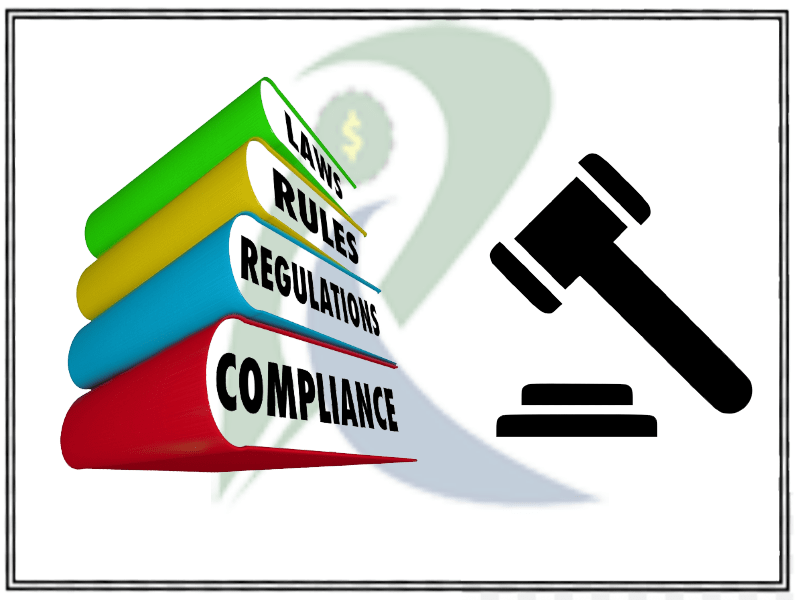Initially, we discussed what is entirely prohibited by Google in the previous article. On the other hand, it is equally crucial to know about partially allowed ads. Therefore, in this article, we will discuss what is partially permitted by Google. Similarly, the question arises – why did Google partially allow ads to such practices in particular areas and inhibit publishing in others?
Indeed we all live in a global village – to maintain peace here. Accordingly, we need to respect each other’s believes and cultures. Because Google loves and respects this diversity, it does not allow some ads in sensitive areas. In conclusion, Such advertisements must also pass some extra eligibility tests. So, these partially allowed ads are categorized as follows:
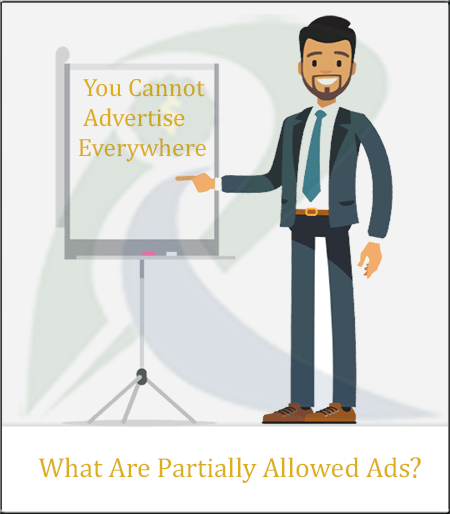
Sensual Content:
Undoubtedly ads should regard users’ inclinations and conform to legal guidelines. Therefore, Google doesn’t permit particular sorts of sexual content in advertisements and objections. However, it is a category of partially allowed ads.

Therefore, a few sorts of sexual content in advertisements and objections are permitted on certain conditions:
Firstly, they must consent to the approaches underneath and don’t target minors. Secondly, they will show in restricted situations dependent on users’ search inquiries, users’ ages, and nearby laws. In brief, they must comply with Google policies where the advertisement is being served.
For Instance:
- Nudity
- Hook-up Dates
- Sexual Entertainment
- Mature Cosmetic Products
Country restriction:
| Countries where all sexual content will not serve | Countries where strongly restricted content will not serve: |
|---|---|
| Algeria Bahrain Djibouti Egypt India Iran Iraq Jordan Kuwait Lebanon Libya Morocco Oman Palestine Qatar Saudi Arabia Syria Tunisia United Arab Emirates Yemen |
China Germany Hong Kong Indonesia Malaysia Peru Philippines Russia Singapore South Korea Taiwan Thailand Ukraine Vietnam |
Liquor/ Alcohol:
Because consumption of Alcohol is harmful to health, liquor or Alcohol is also a sensitive product concerning advertisement. Subsequently, Google does not allow Alcohol ads – both Alcohol and drinks resembling Alcohol. However, in some cases, these ads are permitted to display only if they abide by local government law and do not target minors.

The following types of Ads have limits to display:
- Sales on Alcohol
- Information Of Alcohol
- Irresponsible Advertisement Of Alcohol
These ads only can show in the following countries without targeting minors:
| Countries that allow such ads | ||
|---|---|---|
| Albania Argentina Australia Austria Belgium Bosnia and Herzegovina Bolivia Brazil Bulgaria Cambodia Canada Chile Colombia Costa Rica Cyprus Czech Republic Denmark Dominican Republic El Salvador Estonia France |
Germany Ghana Greece Honduras Hong Kong Hungary Iceland Ireland Israel Italy Japan Kenya Latvia Luxembourg Malta Mexico Montenegro Netherlands New Zealand Nicaragua Nigeria Panama |
Paraguay Peru Philippines Portugal Puerto Rico Romania Senegal Singapore Slovakia South Africa South Korea Spain Sweden Switzerland Taiwan Uganda Ukraine United Kingdom United States Uruguay Venezuela |
Copyright:
Because Google does not have any copyright law at all! Therefore in this matter, it abides by the local government law. In other words, if you are legally unauthorized, you can’t advertise with Google. However, if you see anyone publishing unauthorized content, you can complain to Google here.
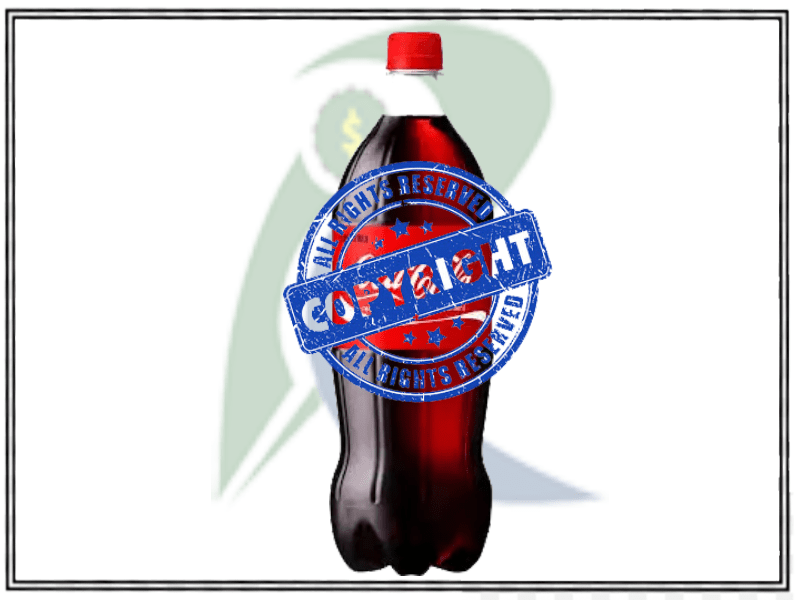
Gambling:
Gambling also lies in partially allowed ads because Google supports responsible gambling across the globe, where gambling is permitted according to the local government. Therefore, in such areas, the advertisement of gambling is allowed if it meets industry standards. Still, it needs to comply with Google policies as well.

In addition, Gambling ads are obliged to target only permitted countries. Secondly, they also need a landing page that shows responsible gambling behaviour without targeting minors.
The following types of gambling ads are considered to be responsible:
- Offline Gambling
- Online Gambling
- Online non-casino Games
- Social casino Games
And games similar to such a healthy ecosystem can also advertise through Google.
Health-Related Ads:
Since Google values humanity, it never wants anyone to ever suffer from health problems. Therefore, it does not provide a platform to such advertisers that can cause its users to face health issues. However, scientifically proven formulas certified by local governments can advertise through Google.
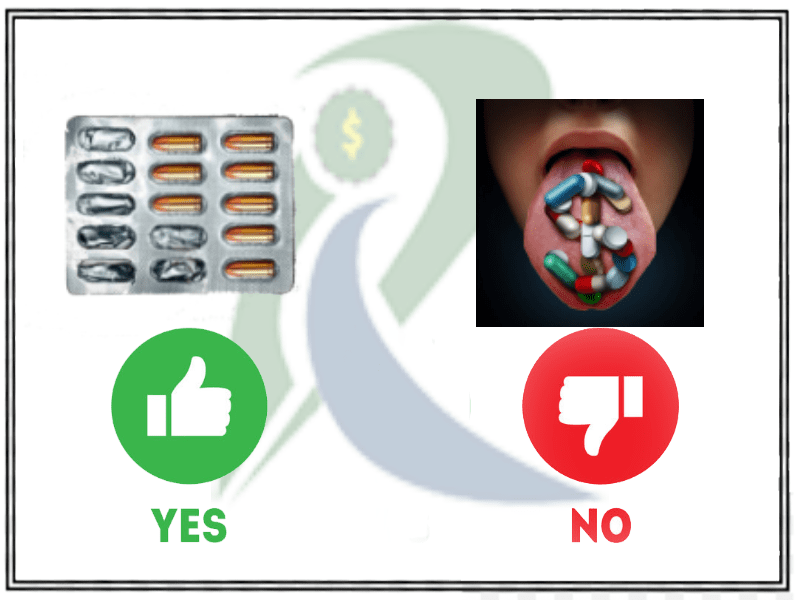
Political Campaigns:
Because Google acknowledges that digital ad campaigns are highly influencing, in conclusion of this realization, it does not allow any political campaigns – that consequently spread hate among users. However, this policy is applicable across the world.

But in certain locations – political campaign ads may run just if Google verifies the advertiser. Therefore, in these locales, political decision advertisements are dependent upon the divulgence of necessities and focusing on limitations.
Economic Help:
Since we all know that there are abundant websites and publishers who are notably fooling people daily; in other words, such companies offer economic support or financial services. Since it’s the weakest point of almost every netizen. In conclusion, Google verifies advertisers before letting them advertise via Google.

In conclusion, it considers local law to understand whether financial service is allowed on certain premises or not.
Trademarks:
Firstly, only certified trademarks can advertise through Google ads after originality verification because they are actual owners. After that, the franchise holders of a brand can do the same as well. Therefore, Using a brand trademark to promote your product will consider dishonest behaviour. In conclusion, you can face circumstances if you break these laws.
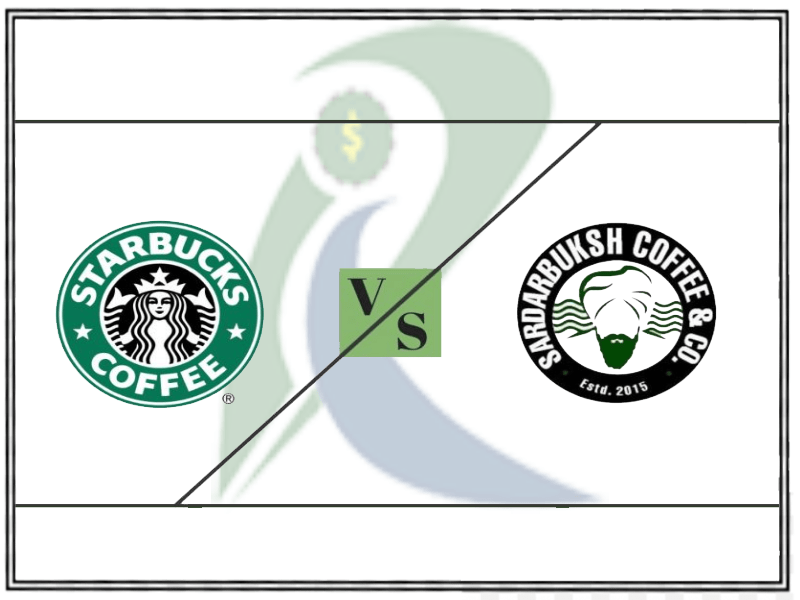
Abiding Law:
Firstly, every advertiser must follow local government laws. Secondly, Google’s rules also maintain their good relationship with it. Therefore, if you want to use Google as a platform to advertise, then you have to follow these policies strictly.
